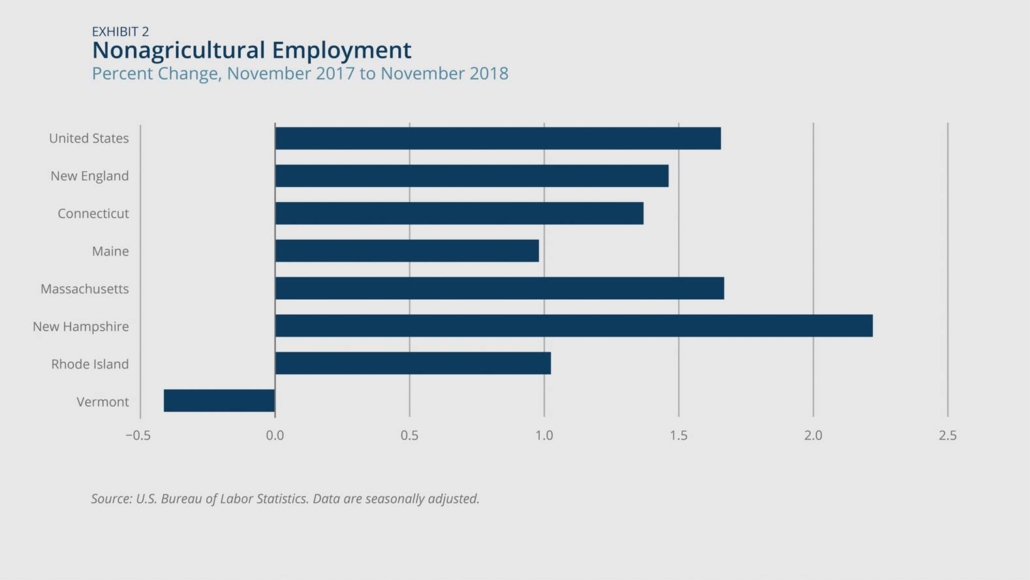Slouching towards Connecticut
The Legislature’s Democratic majority is seizing its opportunity. In control of both legislative chambers for only the fifth time since the Civil War (and one of those times involved a tie in the Senate), they are determined to leave their mark on the state.
Indeed, businesses are looking at the bills passed so far and saying to themselves, “Son of a…that’s gonna leave a mark!”
Having campaigned on raising business taxes and forcing businesses to comply with the party’s agenda, Democrats are delivering for their base. The tax-and-regulate agenda is similar to the one being pursued in another New England state this session: Connecticut.
There, The Hartford Courant reports, “at the state capitol, businesses find themselves outflanked.”
The regulatory agenda in Hartford includes a higher minimum wage, paid family leave and higher taxes. This is on top of Connecticut’s already high tax and regulatory burden. (It’s almost as if the party is trying to enact a national political agenda at the state level.)
Whenever New Hampshire economic policies can be likened to those of Connecticut, the public should be concerned.
The Legislature’s agenda has included these recent moves:
- After passing business tax increases last week, the House this week approved the Senate’s entirely unnecessary mandatory paid leave bill. The bill would cost the state $6.6 million a year to run and would extract untold millions from the economy by forcing employers to offer one specific benefit that might not be the best fit for the company or its employees.
- The Senate this week passed a minimum wage increase after the House passed a similar bill last week. Both bills would raise the state’s minimum wage to $12 an hour (the Senate’s by 2021 and the House’s by 2022). That represents 60 percent increase in labor costs on entry-level employees for businesses that pay the minimum wage.
- The House on Tuesday passed bills to ban single-use plastic bags and severely limit the ability of restaurants to serve plastic straws.
- On Thursday the House passed a series of energy bills that would put upward pressure on electricity rates by eliminating rebates for price increases associated with the Regional Greenhouse Gas Initiative and forcing utilities to subsidize large-scale solar and wind projects through net metering.
- Another bill would double the fines for water pollution.
All of these bills reflect a dramatic philosophical shift in the State House. The Legislature is signaling that it no longer trusts individuals or market forces to produce the economic and societal results preferred by its majority. It trusts only one entity — the government.
Only three months into this legislative session, New Hampshire is seeing just the beginning of an aggressive effort to give Concord more control over the state’s economy and prevent individuals and businesses from behaving in ways that are contrary to the will of lawmakers.
This shift moves us closer to the mindset that prevails in Hartford. Here, in one graph, is why that’s a bad move. Below is the Federal Reserve Bank of Boston’s chart showing each New England state’s employment growth rate from Nov. 2017-Nov. 2018. New Hampshire leads New England. Connecticut is in the middle. Vermont, by the way, is last. LOL, Vermont.

To keep New Hampshire’s economy vibrant and growing, the state needs to continue its light-touch approach. Slouching toward Connecticut will pull us backwards.




“…the will of the lawmakers”. I disagree with the supposed intent of this statement. It was the “will of the electorate” that put this gang of Democrat cutthroats in office. We’ve got to stop pretending this group of legislators does not reflect the “will if the people”. Who do you think went to the polls to send them to Concord? NH is a far cry from conservative, Yankee values of self-sufficiency we hold in our memory…..